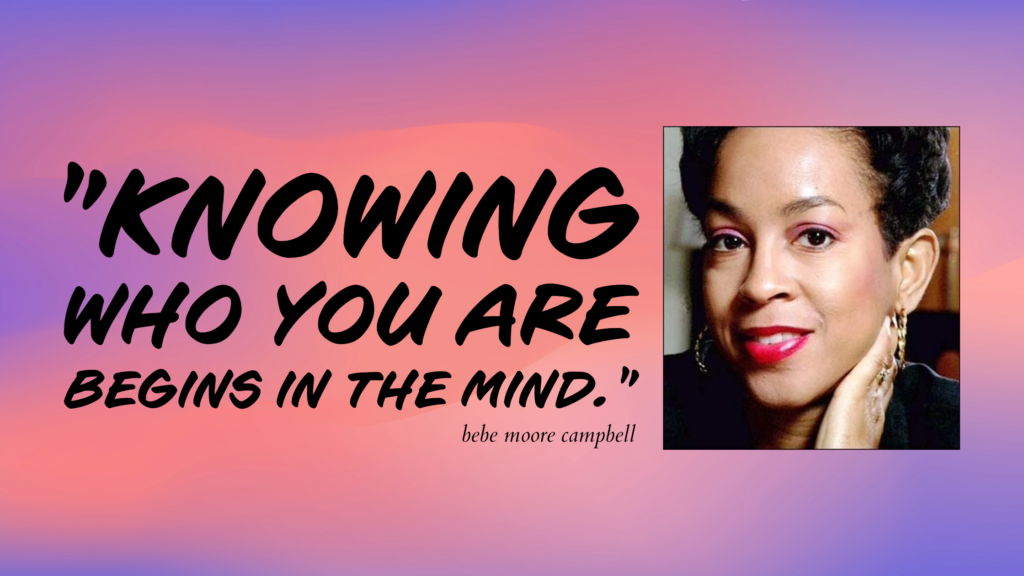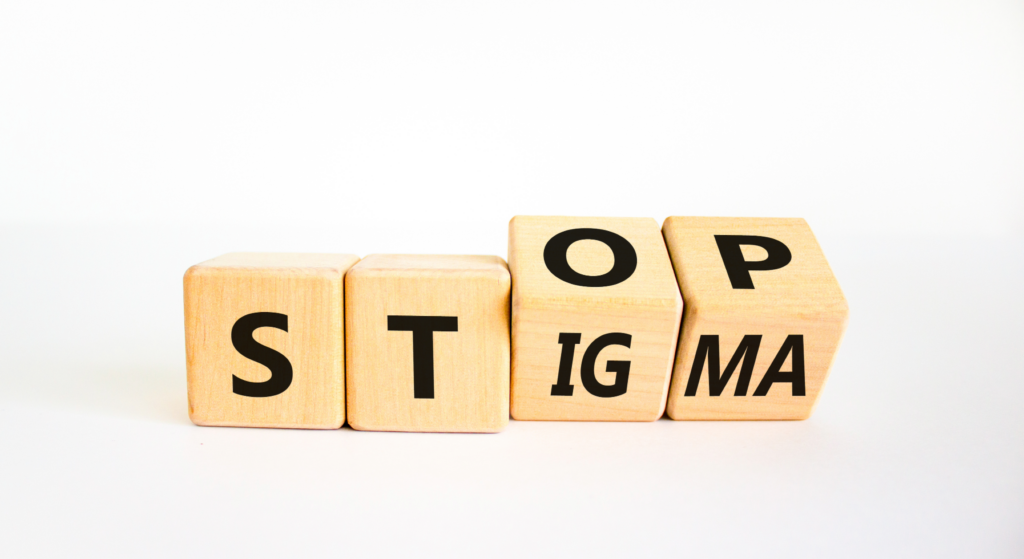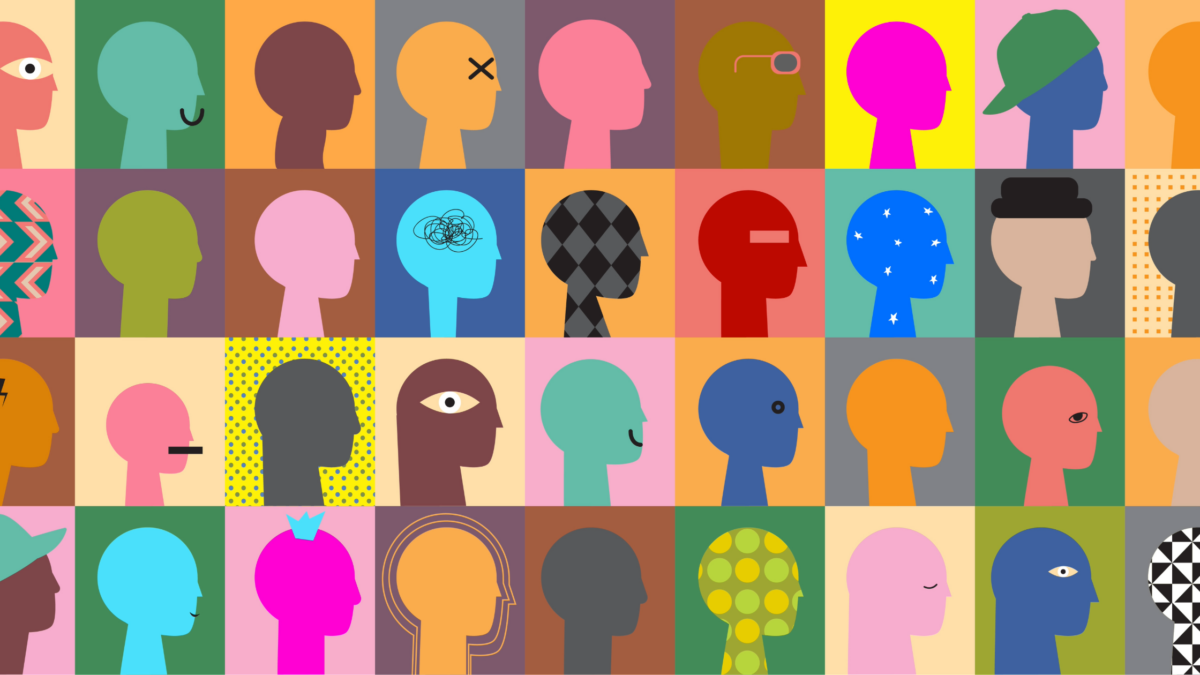While National Minority Health Awareness Month is in April, we can explore a specific extension of that in July through National Minority (BIPOC) Mental Health Awareness Month!
Why the Distinction?
BIPOC groups have long been subject to bias and racial inequality in medical care, training, and awareness by providers of symptom presentation. And, while it is extremely important to bring light and advocacy to general minority health gaps, the distinction of minority mental health awareness helps highlight the biases, traditions, stigma, lack of access, and reasons for lack of willingness that exist for many people.
History of Minority Mental Health Awareness Month
Minority Mental Health Awareness Month, like so many other efforts towards recognition, is rooted in someone’s story. That person was Bebe Moore Campbell, an author who brought light to race and mental health through her books, The 72-Hour Hold and Sometimes My Mommy Gets Angry. She additionally co-founded a Los Angeles-based NAMI chapter and focused her work on underserved areas and destigmatizing mental health care and treatment within communities of color. Sadly, Campbell passed from cancer in 2006, however, through the efforts of friends, family, and allies, they advocated for a month of awareness dedicated in her name. By 2008, July was established with bipartisan support as Bebe Moore Campbell Minority Mental Health Awareness Month.

BIPOC Mental Health Care Gaps
As approximately 1 in 5 persons experiencing a mental health issue in their lifetime, that equates to millions and millions of BIPOC Americans needing the support, advocacy, and services of mental health care. However, the percentage of minority individuals who access mental health care is less than those in majority culture. Some reasons cited for this gap include:
- Difficulty with cost or inadequate health insurance
- Desiring a provider from one’s same racial or ethnic group and being unable to find someone
- Familial and/or historical mistrust and mistreatment in health care settings
Additionally, BIPOC individuals are also more likely to encounter traumatic experiences that may result in support needed from a mental health provider due to the impact of racial discrimination, racial violence, microaggressions, and implicit bias present in the larger system.

The stigma surrounding mental health difficulties and accessing mental health care is improving, and none too soon. Please feel free to use the information and toolkits below to help advocate for BIPOC mental health awareness on your campus!
Resources:
- https://www.fda.gov/consumers/knowledge-and-news-women-owh-blog/national-minority-mental-health-awareness-month
- https://www.nami.org/get-involved/awareness-events/bebe-moore-campbell-national-minority-mental-health-awareness-month/
- https://mhanational.org/bipoc/mental-health-month
- https://mhanational.org/bipoc
- https://www.cdc.gov/healthequity/features/minority-mental-health/index.html
Published July 5, 2024. By Anne Rulo, Author, Speaker, Therapist. www.annerulo.com. FB/IG/Twitter @annemrulo
